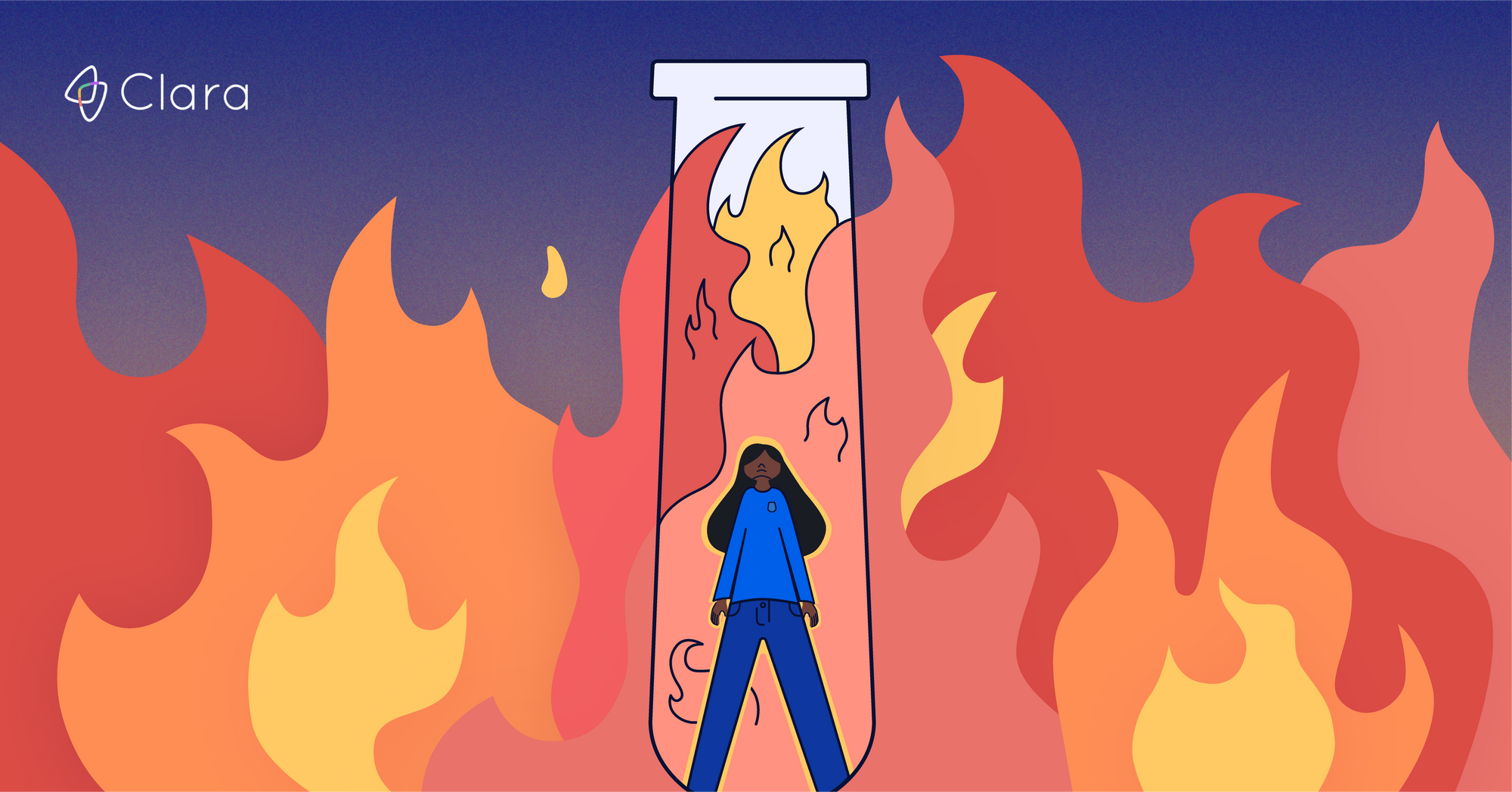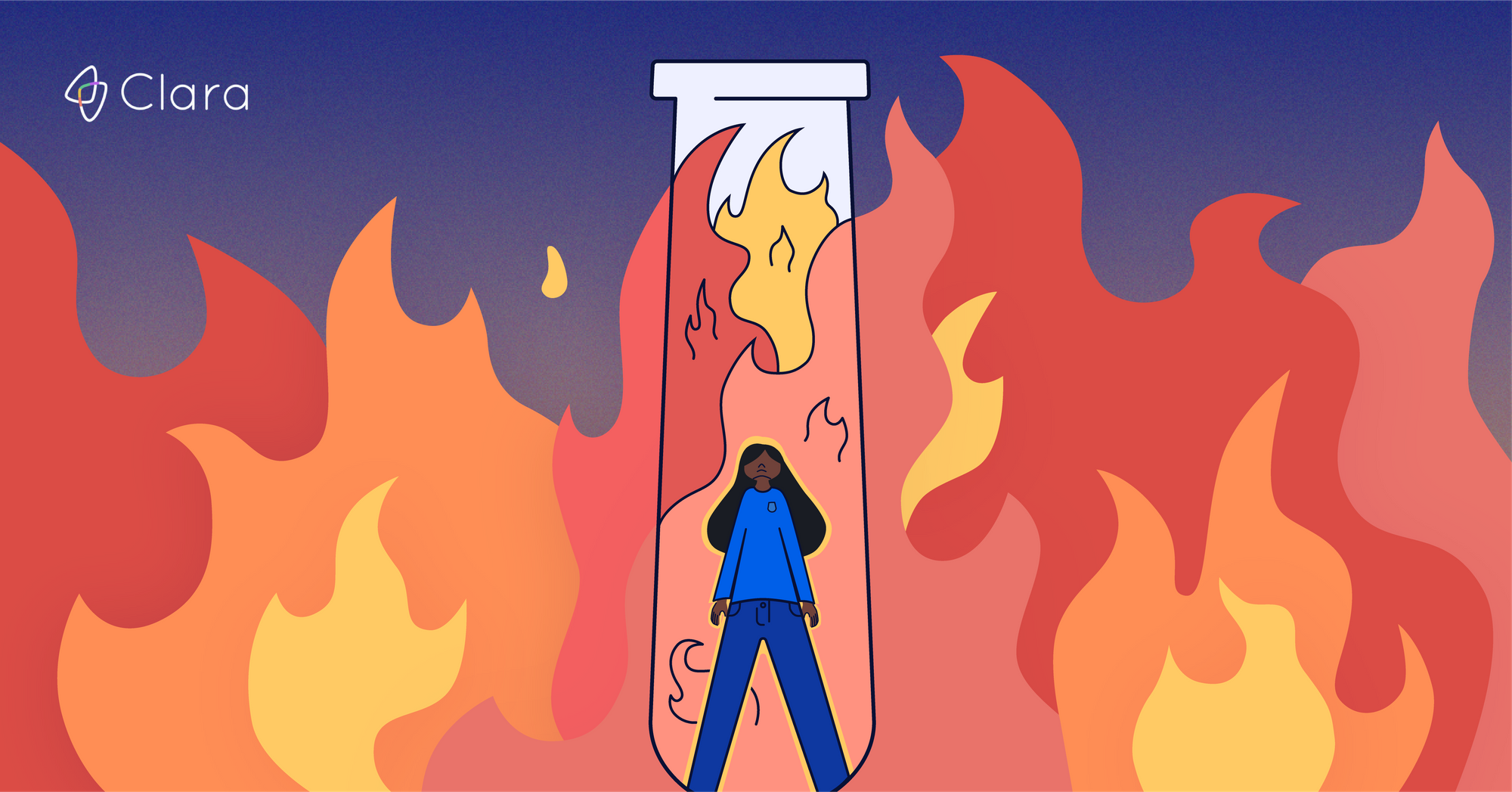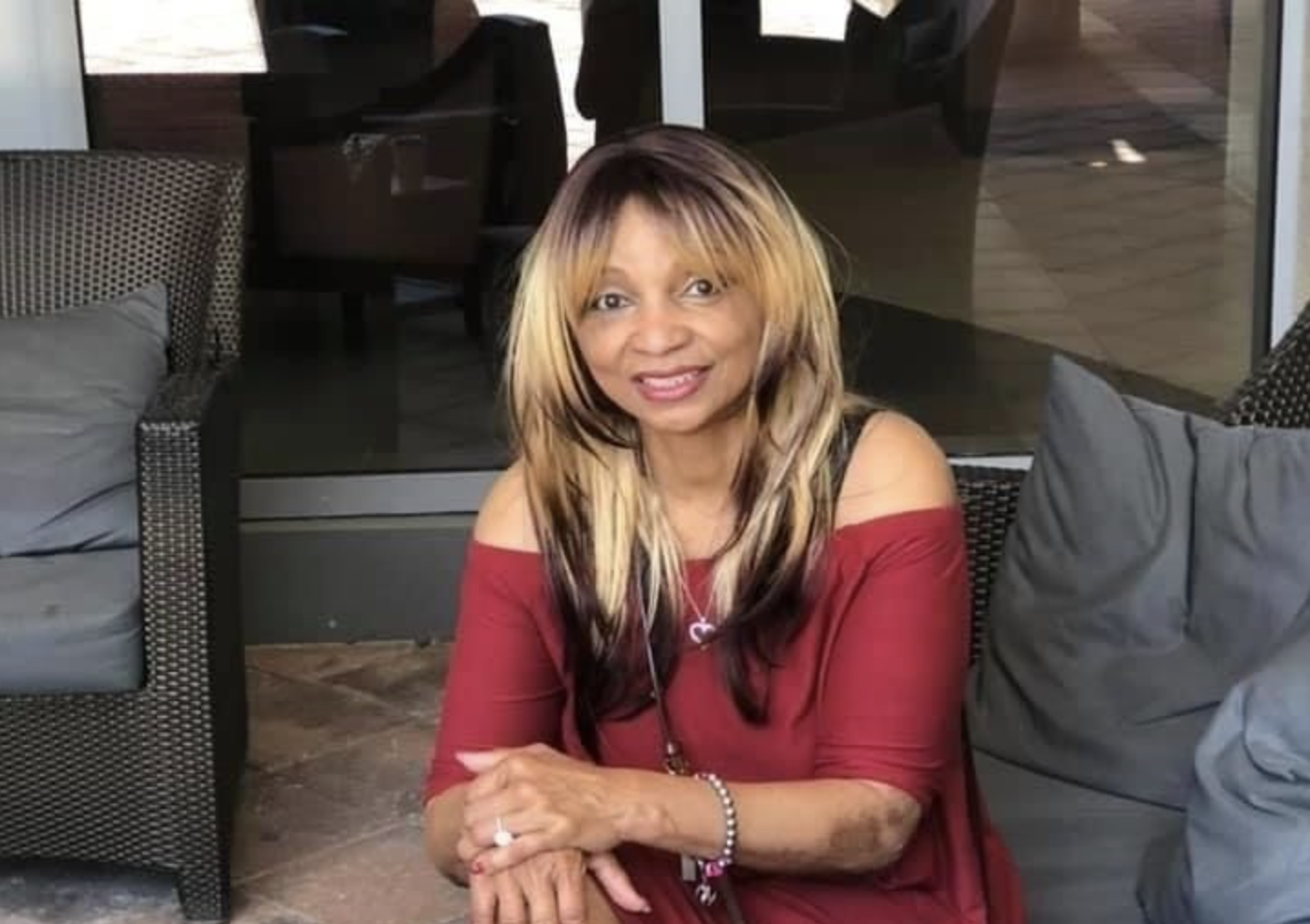Hello everyone and welcome to the Patients have Power Podcast! It's a space where we are keeping it real about what it means to live life with chronic illness and talking to some incredible advocates who are redefining what it means to be patient. I'm your host Lilly Stairs. I'm an autoimmune patient and also the head of patient advocacy at Clara Health.
Our latest Patients Have Power episode is called "I haven't looked at my steps yet...but I've taken quite a few!" (You can subscribe to the podcast at Apple Podcasts, or listen to it with the media player above).
Today's guest is Brooke Abbott. Brooke is truly awe inspiring - she's an IBD patient, and you can find her on all social media channels under the name "Crazy Creole Mommy." Brooke has taken a lead role in supporting parents who are living with a chronic illness. Being a mom or dad is really busy enough, but adding chronic illness on top of all of that creates a whole new level of crazy.
And so Brooke has dedicated her life to providing hope and support to this growing community, and I feel so grateful to have the opportunity to interview her at the first ever Crohn's and Colitis Congress.
Below is a transcript of the episode for your reading pleasure!
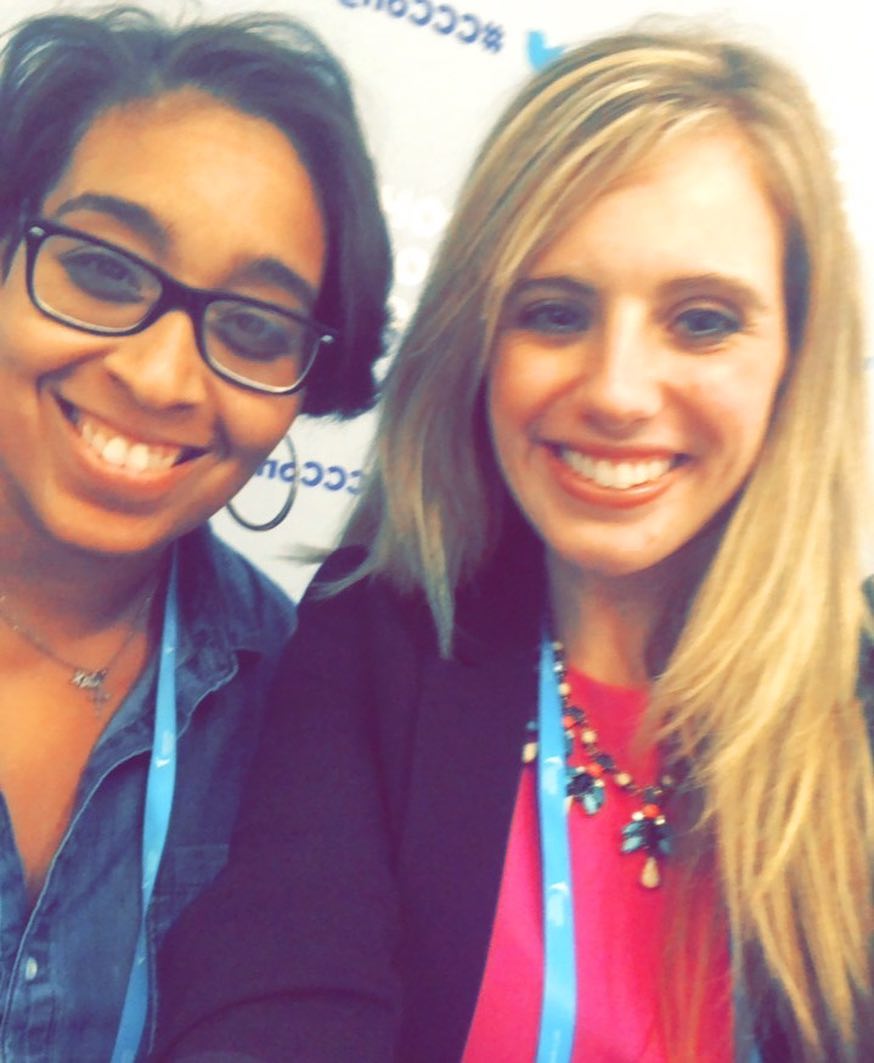
Lilly Stairs: Hi everyone, we are live from Vegas at the Crohn's and Colitis Congress with Brooke Abbott. She is an incredible IBD advocate and proud mom that we are so lucky to have with us. I have spoken with Brooke a lot about being a mom with IBD and chronic illness, and she's definitely considered a leader in this space for many people (I know I've learned a lot from her).
I know that it's definitely something that so many as young women who are diagnosed with IBD and autoimmune diseases have concerns about, because you're often diagnosed during child bearing age. And so we are going to chat a little bit about that today.
Why don't we kick things off, do you want to introduce yourself kind of talk a little bit about you and your advocacy journey and what brought you here?
Brooke Abbott: Sure! Well my name is Brooke Abbott - most people know me as Crazy Creole Mommy Chronicles, or Crazy Creole Mommy.
I am a single mom and I was diagnosed when I was 24, had my son when I was 26, and had my colon removed when I was 28. And yeah, it was..
Lilly Stairs: Crazy couple years.
Brooke Abbott: Yeah yeah, everything was kind of slammed back to back and they were all huge life changing moments. I started my advocacy journey because my mother thought that it would be a good idea to tell my story, because I spent most of my time as a new mom and new patient kind of isolated. I couldn't find any resources or anyone that I could relate to.
So, she encouraged me to tell my story on my blog that I had already kind of had up talking about politics and entertainment. And I did, and it just evolved from there. That lifestyle blog turned into social media influencing, and connecting patient parents with brands that work well with their chronic conditions.
Then, that evolved into me reconnecting with people I knew on Capital Hill, and resources that I had there, and started to work on policy. So, now here we are!
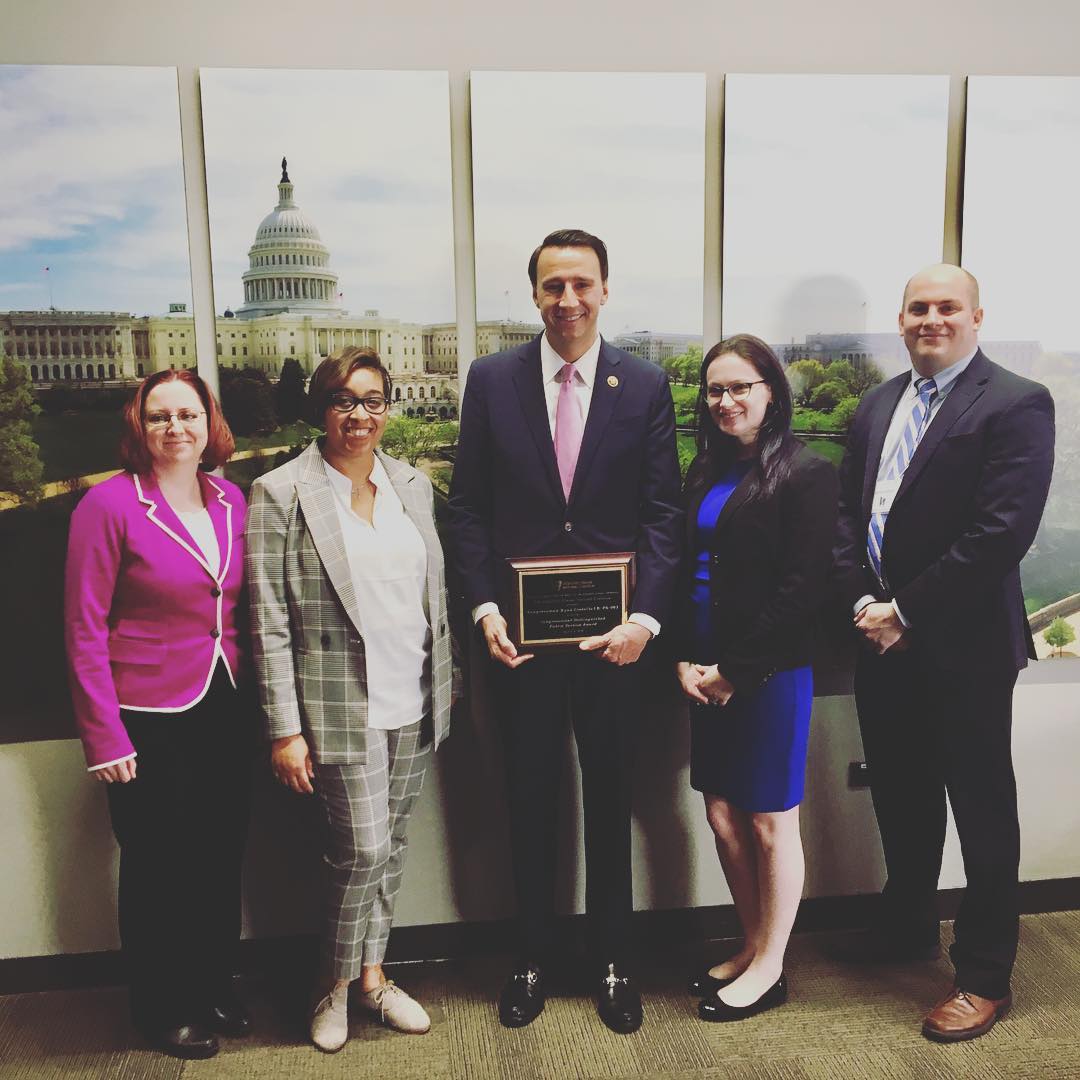
Lilly Stairs: It's kind of amazing. You really have your hand in a lot of different places in the advocacy world, and the brand piece is really unique too of connecting parents to brands. Specifically, with children with chronic illness or just generally connecting with brands?
Brooke Abbott: It ends up being generally connecting parents, but I find that I do have a lot of parents with autoimmune diseases that have children with autoimmune diseases. I have a lot of parents who have kids with autism or IBD or Lupus who come to me for stroller suggestions, which is interesting.
Lilly Stairs: Yeah, that fascinating.
Brooke Abbott: These are things that you wouldn't think about. You know, I talk to parents about how to baby wear their child with an ostomy because that's what I had to do, I had to figure it out.
I went through a lot of trial and error, and in that time of having that trial and error, I feel like I missed out on things with my son and within my social relationships. And I don't want that for another parent.
Just using what I have to help promote change.
Lilly Stairs: What would you say, sort of, as you went through that process, are there any moments that stand out as being particularly maybe really wonderful and then maybe really painful too?
What were some of the moments that stand out to you?
Brooke Abbott: Its funny, after every crazy, I have this kind of self-realization of being a very strong, resourceful parent. Most of us - as parents - we carry a lot of guilt, and don't think we do enough.
And not I'm saying that I think I'm perfect, because I think I'm far from being a perfect parent. But if there were some severe moments that were very debilitating.
I'll give you a couple examples:
One, I was changing my son's diaper once and in the middle of changing his diaper my fingers locked up I could no longer move them. And I had the phone next to me on the changing table, and I had to use my pinky to dial my grandmother's number, who was the only person available at that time.
All my brothers were out of town, my sister was working, Steven was off at work and his office was about an hour away from our home, and my mother was on set somewhere far, and my grandmother who has rheumatoid arthritis was the only person available to come to my house, walk up my stairs, and finish changing my baby's diaper, and help me make his baby food, because I could not use my fingers.
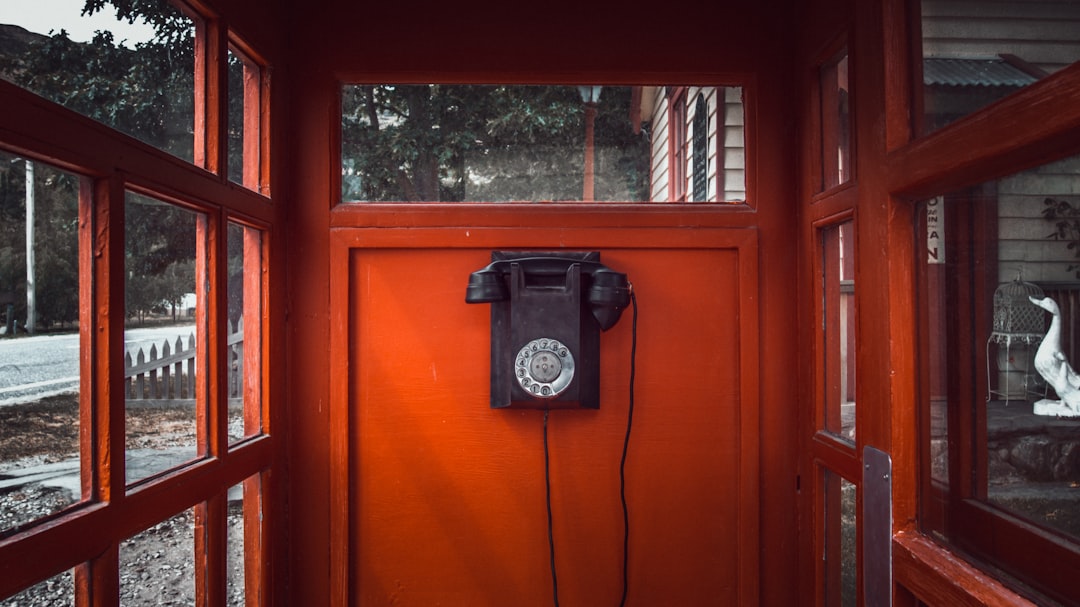
My fingers stayed locked up for about 4 hours. I was so severely dehydrated. During that time of her coming to my house, with 30 or 45 minutes, I somehow entertained my son who hated getting his diaper changed, so I kept him from flipping off the changing table.
I was mortified, completely embarrassed that I had to call my grandmother for this, but then I thought about the fact that I was able to find a way to be resourceful in that situation.
Brooke Abbott: Then, another one. I was in the middle of flare, and I happened to have my baby carrier on my waist. My son was playing in his play pin, and he had figured out how to get out.
I had to run to the bathroom, and what I did was just I put him in front of me. I carried him forward facing, and I literally went to the restroom and baby wore him and read him a story the whole time. I felt like I was going to die because I needed him not to move while I was going through this situation.
That one was a tough one.
Lilly Stairs: I just can't even imagine because taking care of yourself when you're living with one or multiple diseases, chronic illnesses is enough on its own and often we need our own caregivers so to be caring for somebody else, somebody who is completely reliant on you, that's a big responsibility.
Brooke Abbott: It is, and it's frightening. I spent a lot of his toddler life frightened because I just didn't think I was doing enough, and I didn't know what was coming next.
That's one of the frustrating things about living with IBD, you don't know what's coming next.
Lilly Stairs: Living the unknown.
Brooke Abbott: Yeah. You know, it's like, I can take him to the park and then all of a sudden okay we can't be here anymore we have to go home.
Lilly Stairs: And the child doesn't understand that.
Brooke Abbott: No. I will say this, kids don't fully understand when they are that age, but I think that - and I found that people who didn't have IBD were giving me this advice - people who don't engage their children and talk to their children about their disease, and try to protect them from their disease, tend to have a more strained relationship with their children because the child doesn't understand what's going on.
I had a lot people saying to me, "he shouldn't see you in the hospital," and "he shouldn't see you sick," and "you guys need to be more active and if you're sick then you need to get a nanny to take him and go do other things".
But you know what? My kid gets it. It makes life a lot easier and he trusts me more than anyone, because he knows I'm going to be completely honest with him.
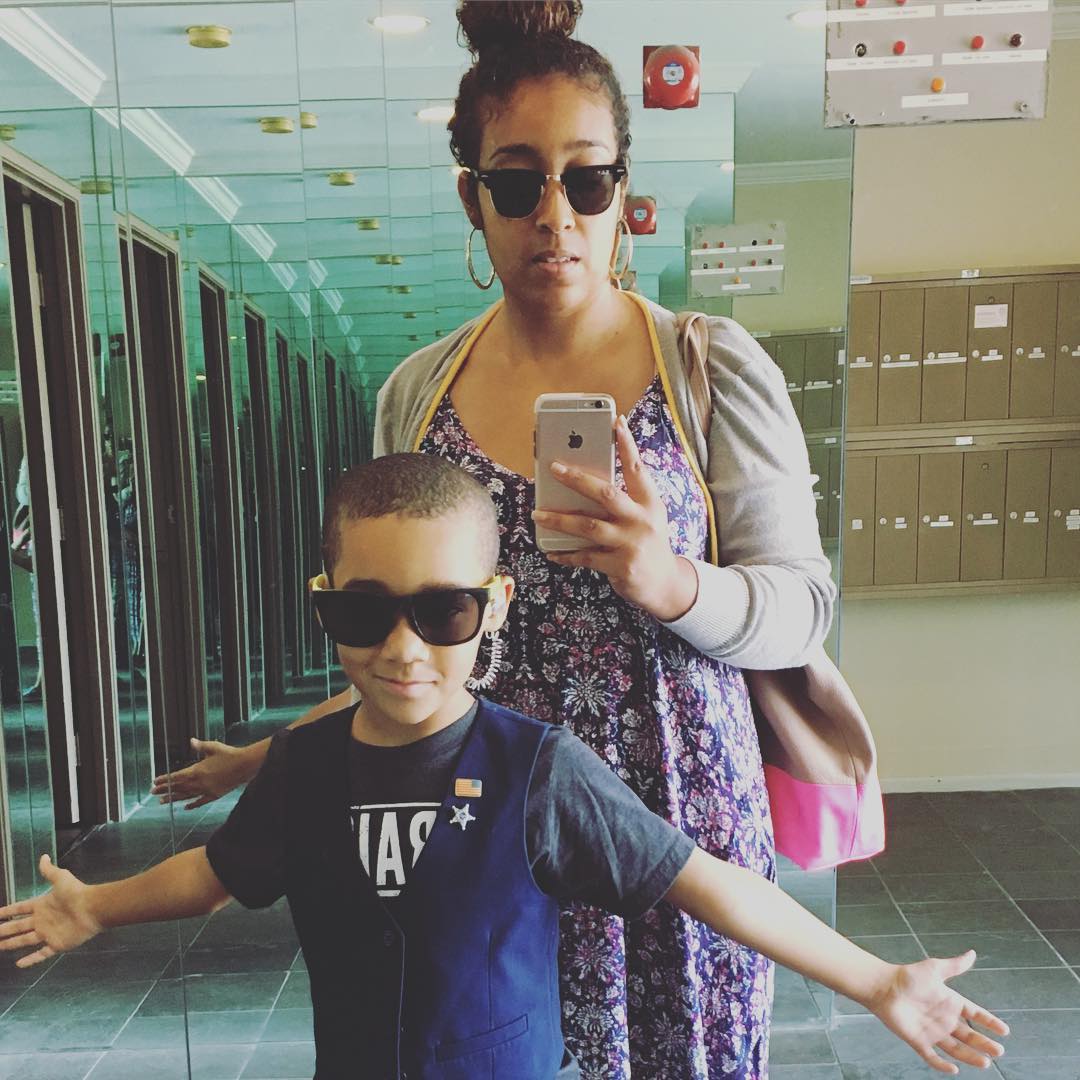
Brooke Abbott: It's also helped as he has gotten older with doing things on his own. He can brush his own teeth, he can take a bath by himself, he can make himself some toast, he can pour cereal, we are getting the milk part down.
Lilly Stairs: Not quite there yet.
Brooke Abbott: No, but the dogs love it. Spills it all over the counter. But he is independent in ways he needs to be, and he has a level of compassion that you don't really find in most people.
Lilly Stairs: And he's young.
Brooke Abbott: Yeah he's only 8.
Lilly Stairs: And he is a little rockstar. I mean, he spoke at the Crohn's and Colitis Foundation this year, last year.
Brooke Abbott: Yeah. I was honored by the Women of Distinction Group, and he wrote his own speech and he gave it. Then he helps raise money with auction, and he started guilting people into spending money.
Lilly Stairs: But he knows and he cares and he has that compassion and that empathy. That is very unique to him.
Brooke Abbott: Well, he tells people he was roommates with IBD.
Lilly Stairs: That's adorable and you know what's hilarious? Kelby, who is wonderful advocate, spoke about how living with IBD is like living with a roommate.
Brooke Abbott: It's true though.
Lilly Stairs: That's actually funny that we had that. This is the second time I heard somebody say that just within these last 2 podcasts.
Brooke Abbott: That's so funny.
Lilly Stairs: Yeah that's so funny, so they are on the same page. This has all been so enlightening just sharing these experiences, really powerful. I think something that would give a lot of people comfort.
Lilly Stairs: What is your advice to moms or parents for that matter that are living with a chronic illness and maybe just found out they were pregnant, or are in the early stages of raising a child?
Brooke Abbott: I would say, don't be scared. That's the biggest thing, and know that every parent feels like they are failing at something, and every parent has some sort of guilt.
Find a group of other parents with autoimmune diseases, it doesn't necessarily have to be IBD, but someone who has a chronic condition and introduce your families to other families and have meet ups and groups.
Don't be afraid to take adventures with your kid. Yeah, it's going to be tough, it's going to be hard, you're probably going to have a very frustrating time at some point, but you have to live your life.
Having kids is hard with a chronic condition, but it is the best thing because I have something and someone to get up for and to push for.
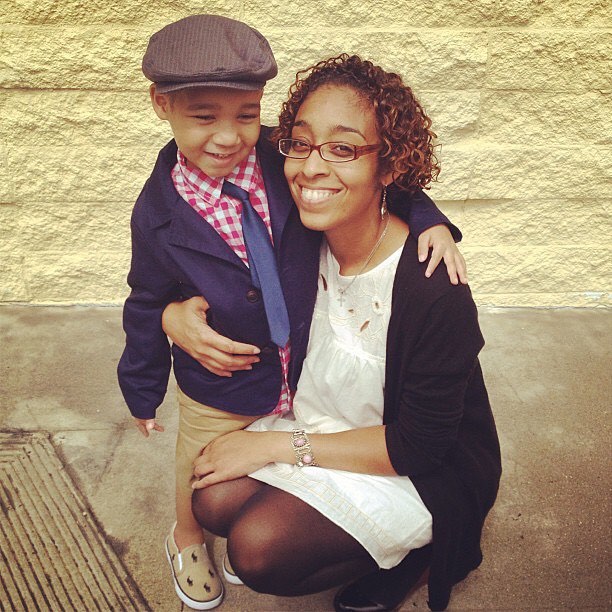
Brooke Abbott: I think that if I hadn't had Jax I wouldn't of made it out of my surgery because I had something to fight for, something to wake up for. There are so many resources out there for us.
Lilly Stairs: Yeah I was going to say is, for people to connect where do you recommend they look finding other parents who are experiencing this? Are there any go to spots or is it just kind of a Google search?
Brooke Abbott: There are patient advocates everywhere and that's what I was looking for so if you look at the hashtag IBD dads or IBD moms we are out there. IBD social circle has a lot of parents within the group.
Note: Since recording this podcast, Brooke has started the IBD Moms twitter account to help moms with IBD connect with each other!
Brooke Abbott: We are all at different stages in our parenting and in our disease and everything. Check out Twitter, there are a lot of parents out there too.
It's funny, each parent advocate has something different that they do. If you want to know what the lightest stroller is for your arthritis come see me. If you want to know about crafting you might want to go talk to Christy.
Lilly Stairs: And Christy is under Crohnie Bologna?
Brooke Abbott: Crohnie Bologna!
Lilly Stairs: One other thing I want to touch upon is you talk about this guilt that all parents feel at certain level of guilt, but I feel like I've seen so many parents talk about this concept of "what if I pass this on to my children?"
And they carry this guilt with them or this fear with them. And that is the case we know, it might now just be IBD - it could be any autoimmune disease because they run in families. How do you recommend someone cope with that and what are your thoughts around it?
Brooke Abbott: So, I actually got IBD because my dad has psoriasis, and his mother had lupus, so that's probably more than likely where my IBD came from.
I remember having this conversation with my mother when my son was a year old, and I told her I felt like an awful parent because I could possibly pass this on to my son and doom his for life. And she basically said "everybody has something, he has a much of a chance at getting it as he has of not getting it."
Lilly Stairs: Absolutely.
Brooke Abbott: And everybody has something and she's like, "this is your something, and it may not be his something, but he will have something."
Lilly Stairs: Yes, I couldn't agree more. I think that's such a perfect outlook and I personally have been thinking about that lately and just in the way we interact with other people in our relationships.
Everybody does have something they carry with them, might be invisible, might be visible, it might be related to health, it might be related something completely different... so keeping that in mind.

Brooke Abbott: Well, I think also okay I have this autoimmune disease because my dad had an autoimmune disease, but there are so many other things that my dad gave me that are awesome that kind of outweigh the fact that I have IBD.
Lilly Stairs: I love that outlook. You really let it fuel a career and fuel so many positive things in your life, I've seen that in you. You've done so much for others and for your son in many ways.
Brooke Abbott: I think because I went to the brink and I realized that there was a reason why I was getting a second chance. And like my mom said, "everybody has something", and it's really not that bad because there a certain things IBD can give you.
For me, it kept me home so I was able to be a stay at home mom whereas before I was working in entertainment there was no way that I would have been a stay at home mom. There were things I was able to enjoy because of him. Like you said, I created a whole new career for myself, I slowed my life down.
Lilly Stairs: Which is important to remember that you have to when you're living with a chronic illness, you have to. You are an inspiration. I hope that when I'm a mom I can be like you.
Lilly Stairs: I'm asking you one final thing - what does "patients have power" mean to you?
Brooke Abbott: I think that, that phrase pushes me through. Because you have power in your ability to survive, and your ability to love through pain, and your ability to speak through pain.
Everything that you do as a patient living with a chronic condition is powerful.
Everything.
The fact that you were able to just get up, the fact that we are walking around here today. I haven't been able to look at my steps yet, but I've taken quite a few.
Lilly Stairs: Maybe, I made you walk really far to come down and do this.

Brooke Abbott: And that in itself is, you know, small leap for me but it is a powerful moment for my body, physically to be able to do that, so in everything patients do they have power.
Lilly Stairs: Everything you said is beautiful, I'm just in complete awe of you.
Thank you so much for coming and chatting with us! I think this is going to make a really big impact for moms and dads who have chronic illnesses so thanks for joining us.
Brooke Abbott: Well, thank you for having me.
Lilly Stairs: Thank you all for joining us. We'll see you in 2 weeks for our next installment. In the meantime, be well and remember that you hold the power!
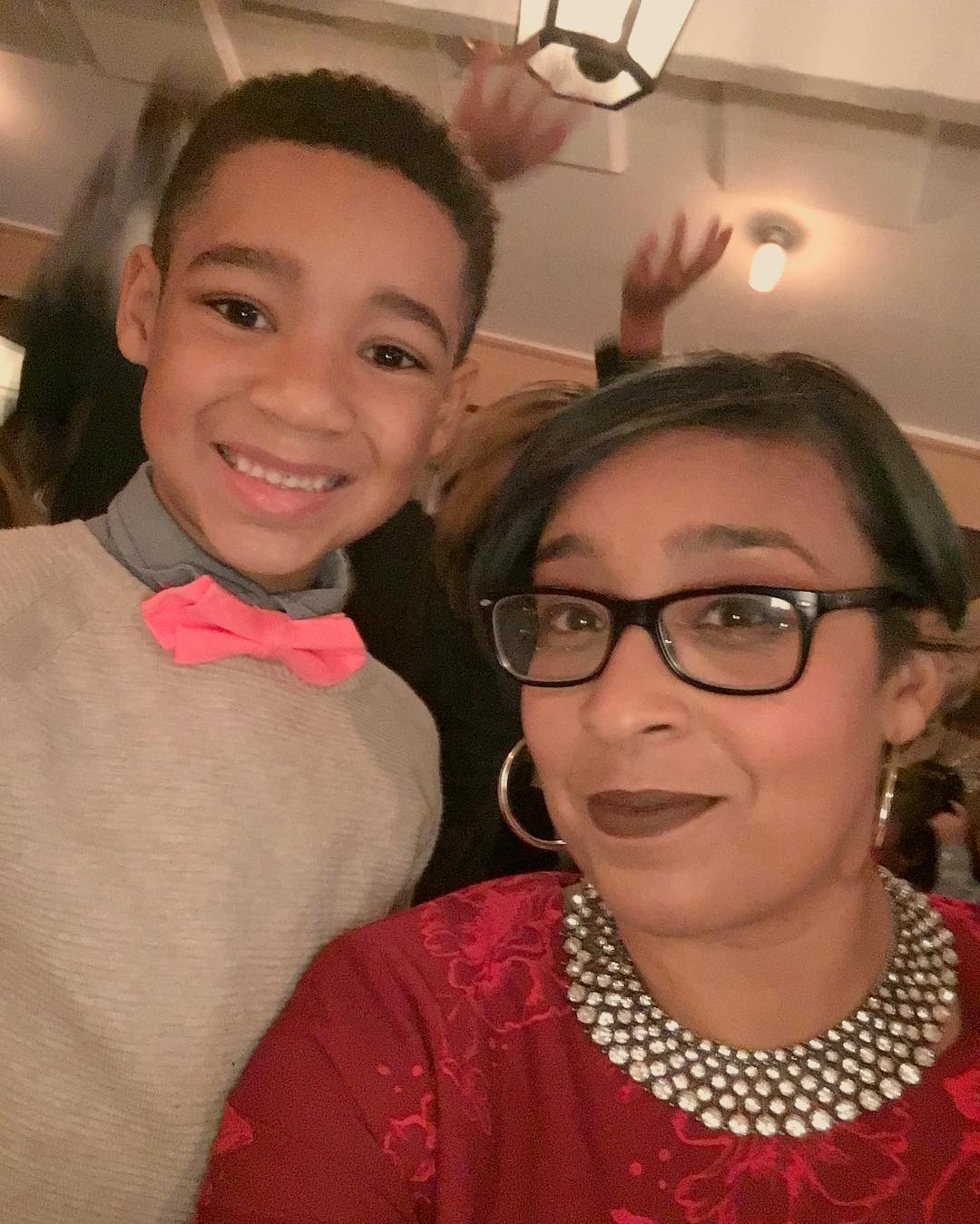
Follow Brooke's journey on her website, instagram @crazycrolemama, and twitter @CrzyCreoleMommy!


